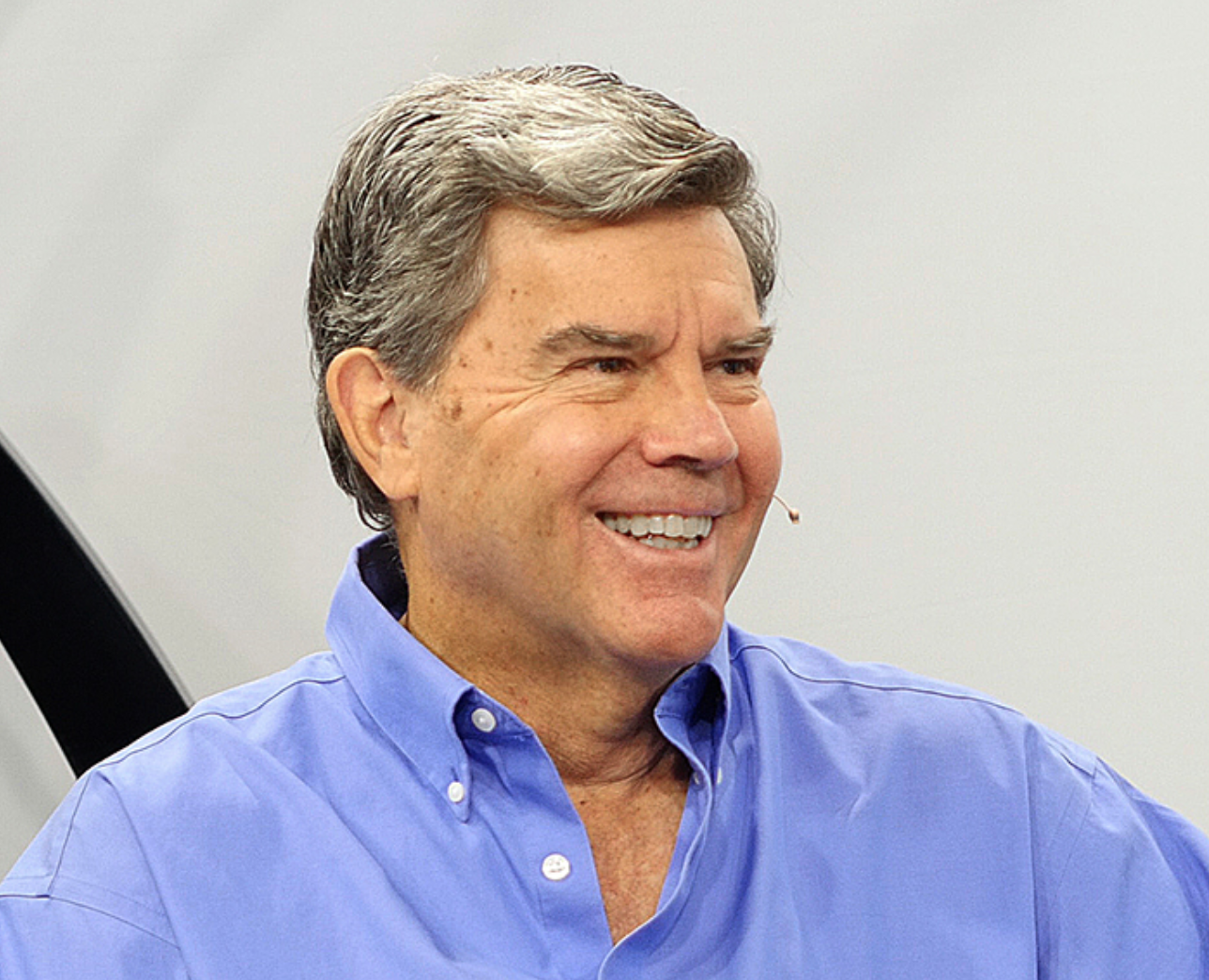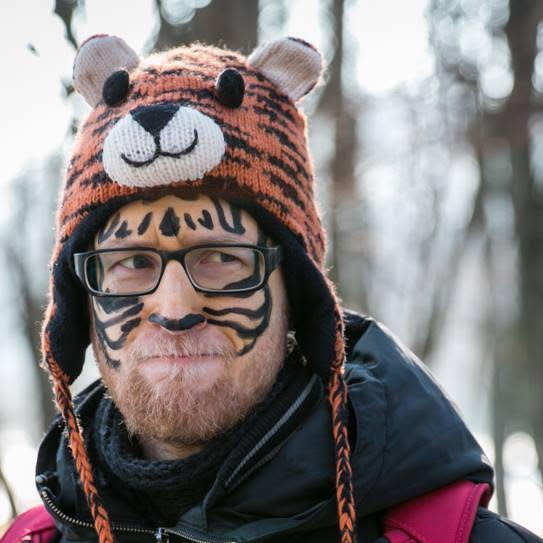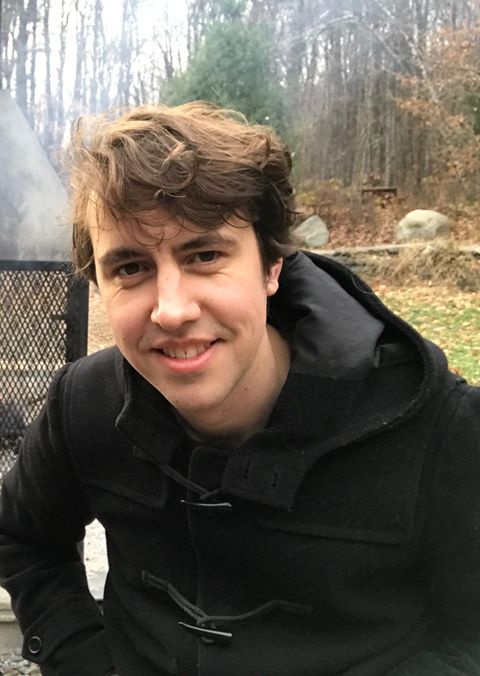Wednesday Keynote
Turner Whitted, NVIDIA

Turner Whitted was a co-inventor of the signal processing algorithm for ClearType and invented recursive ray tracing for global illumination. He co-founded Numerical Design Limited in 1983 and served as president and technical director until 1996. In his early career he designed digital test equipment, antenna measurement systems, and components of a sonar signal processor.
He earned BSE and MS degrees from Duke University and a PhD from North Carolina State University, all in electrical engineering. He is an adjunct research professor of Computer Science at the University of North Carolina and adjunct professor of Electrical and Computer Engineering at North Carolina State University. In the past he has served on the editorial boards of IEEE Computer Graphics and Applications and ACM Transactions on Graphics, was papers chair for SIGGRAPH 97, and served on the SIGGRAPH executive committee. He is an ACM Fellow and a member of the National Academy of Engineering.
Thursday Keynote
Aras Pranckevičius, Unity

Title: Programmability of Graphics Pipelines
Abstract: How are rendering pipelines developed in game engines? What have we gained with increasing flexibility of graphics hardware, and what we have lost? This talk will cover topics like these, touching upon historical trends of graphics pipelines, challenges in developing them, interaction with research, a bunch of unsolved problems, as well as present an overview of Unity's approach in solving some of those issues via Scriptable Render Pipelines.
Aras Pranckevičius is an engineer at Unity Technologies, and has been working on Unity's graphics engine for over a decade; mostly focusing on cross-platform, shading language & compilers, and programmability aspects of it.
Friday Keynote
Daniel Holden, Ubisoft Montréal

Title: Machine Learning in the Toolbox of Game Development
Abstract: Game Development for AAA productions requires a vast array of tools, techniques, and expertise, ranging from game design, artistic content creation, to data management and low level engine programming. With recent advances in Neural Networks, Machine Learning is becoming increasingly practical and starting to take the role of a general tool that resides in the toolbox of any game developer. In this talk I will present some of the research projects developed at Ubisoft La Forge using Machine Learning, and show how Machine Learning is touching many areas of game development - improving the way Ubisoft is building games and bringing exciting new possibilities and challenges with it.
Daniel Holden is a Machine Learning researcher working at Ubisoft Montréal's Research and Development Lab "Ubisoft La Forge". He completed his PhD in 2017 at Edinburgh University with research focusing on how Neural Networks and Machine Learning techniques can be used to produce state-of-the-art character animation systems. At "Ubisoft La Forge" he has helped develop and guide several important Machine Learning projects, and has previously presented research at GDC, SIGGRAPH, and SIGGRAPH Asia.
